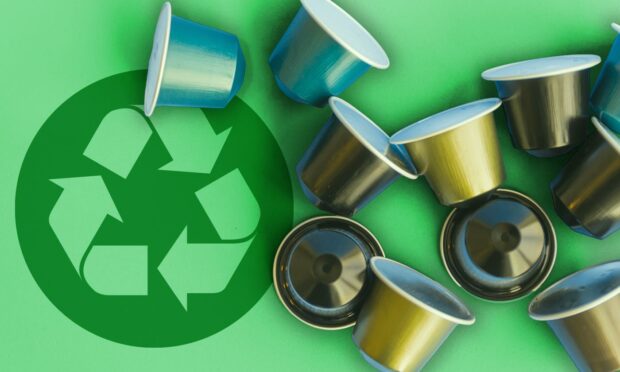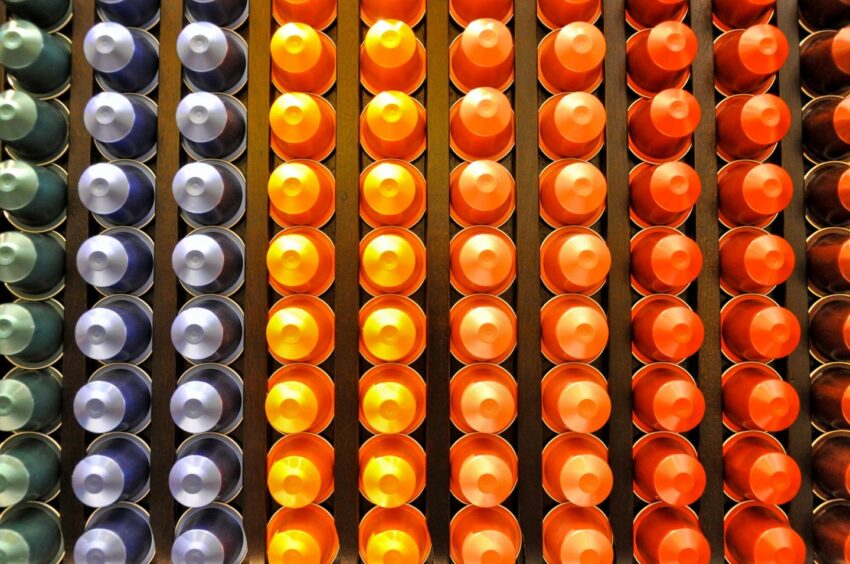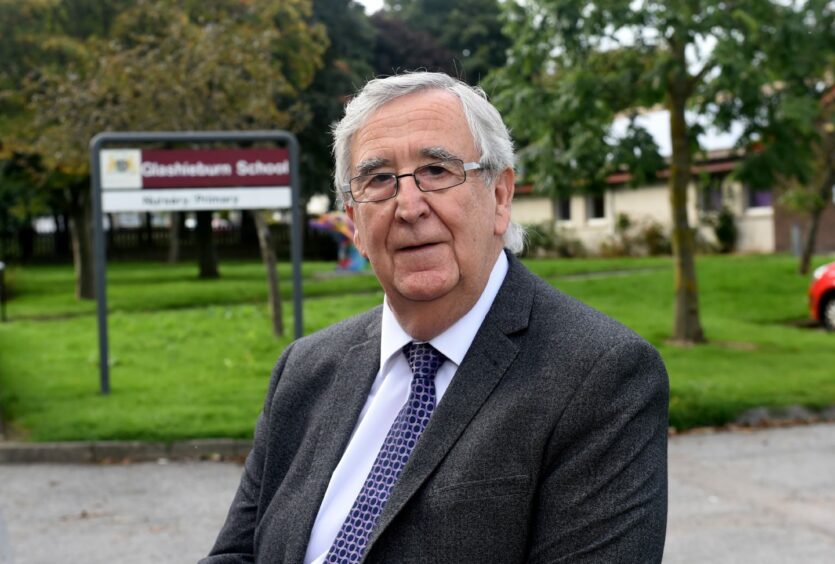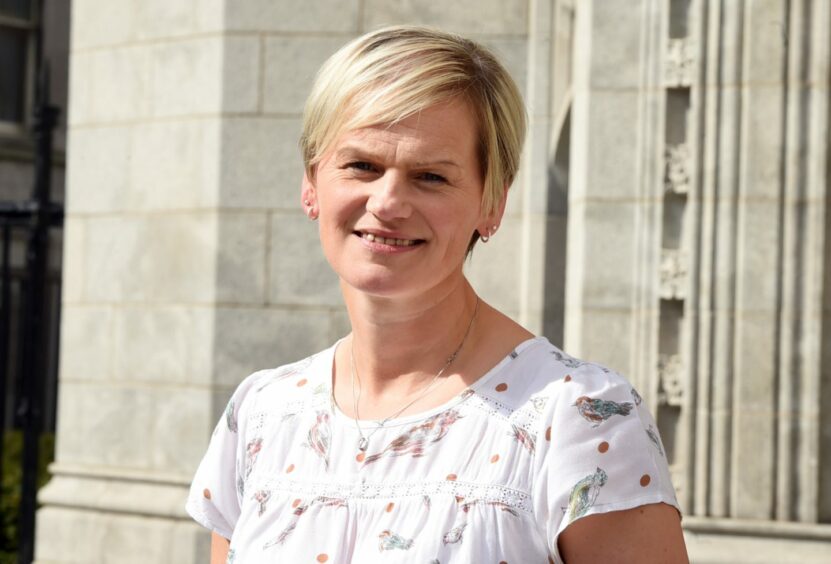Whether you stick with instant granules, prefer a cafetiere or grind the beans yourself, there’s no doubt that one method of coffee preparation is more controversial than all the others: Pods.
Made famous by Nespresso as an easy way to drink high quality coffee at home, coffee pods have become an environmental dilemma.
Mostly made of either plastic or aluminium, in theory coffee pods are 100% recyclable.
But because of their complex design, they can’t just be dropped in a regular recycling bin and instead must be taken to specialist recycling facilities.
80 tonnes of pods a year in Aberdeen
This week, Aberdeen City councillors discussed whether to start offering specialist coffee pod drop-off and collection facilities in the city.
The motion was brought up at a committee meeting by Bridge of Don councillor John Reynolds, who said that he has been speaking to council officers for some time about recycling pods in the city.
“I use pods and normally have two coffees a day, so it does build up over a week’s period,” he said.
“If it’s a family of two or three, or even an office, there are a lot more of these pods being used and there is a real need to get them recycled as soon as we possibly can.”
At the meeting, the committee discussed the pros and cons of both kerbside recycling and drop-off facilities.
One of the biggest factors in favour is that Podback, a UK-wide recycling scheme for coffee pods set up earlier this year, said that it would finance all of the set-up costs.
“The Podback scheme is of no cost to local authorities,” said Mr Reynolds.
“They pay for vehicles to be converted, they pay for any storage racks and such, they pay for advertising and they also collect the bags of pods from the local authority concerned.”
Estimates suggest that approximately 30% of households have a pod-based coffee machine, and – based on data from English councils which already offer kerbside pick-ups – Aberdeen City Council could expect to collect nearly 80 tonnes of pods a year.
Recycling coffee pods kerbside isn’t as simple as it sounds
Waste and recycling manager for the council Pam Walker however pointed out that schemes like this often have hidden costs that almost always fall to the council to fund.
She also stressed that collecting coffee pods at kerbside isn’t as simple as it sounds.
“The bags of pods would not be able to go into the kerbside bin as they can’t be sorted at the recycling centre in Altens,” she said.
“There is a worry people might put them in and then the pods would not be able to be separated by the machines there and would end up in landfill. It would have to be done separately.”
Currently, no local authorities in Scotland offer kerbside pickup for coffee pods.
It was agreed that drop-off points at recycling centres across the city appears to be the easiest solution at present, and the committee decided that officers would “continue to engage with Podback” before taking any action.
This would allow “the necessary time to consider and plan for the future waste service challenges and requirements”.
Presumably, this is a reference to the Extended Producer Responsibility scheme which is expected in the near future.
This legislation will put the onus onto producers of packaging waste to pay for the disposal of it, making it likely we will see an increasing number of schemes like Podback.
Currently, coffee pods can be dropped off at 24 Collect+ locations across the city for recycling.



